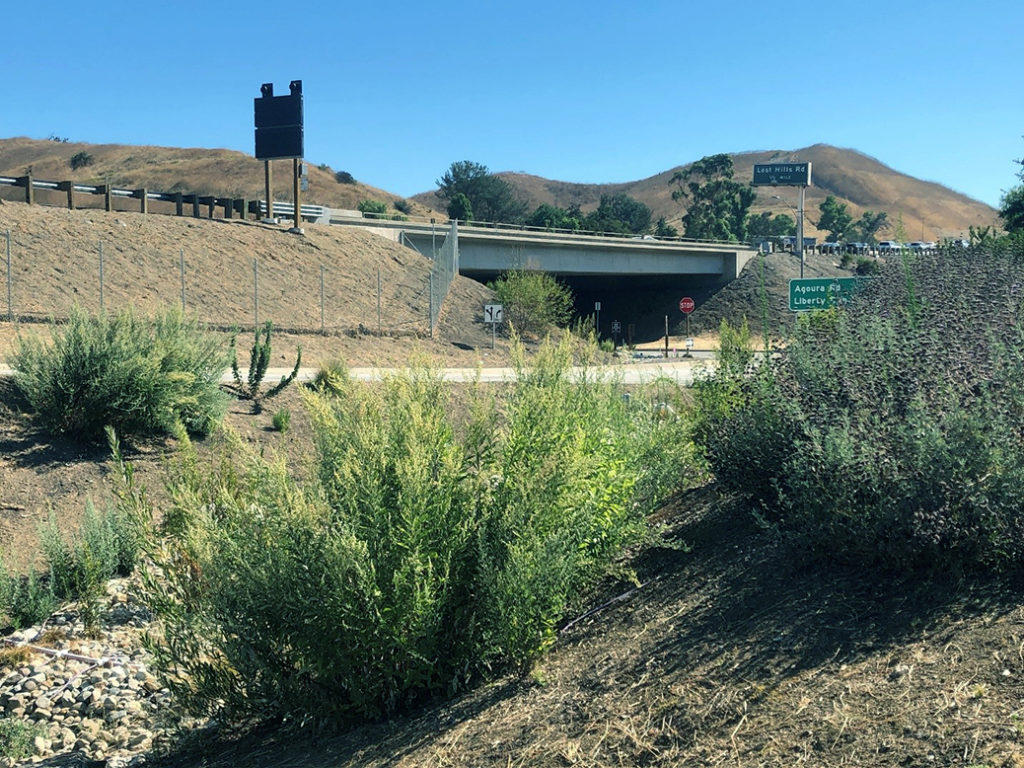Congress Listens To Testimony Over Importance Of Wildlife Crossings
The following press release is courtesy of the Theodore Roosevelt Conservation Partnership:

House Committee on Natural Resources Hears Testimony on Conserving Wildlife Migration Corridors
Hearing highlighted bipartisan legislation aimed at formalizing migration conservation programs that provide financial and technical assistance to states, Tribes, and private landowners
This week, the House Committee on Natural Resources conducted a hearing that included the bipartisan, bicameral Wildlife Movement Through Partnerships Act led by Senator Padilla (D-Calif.), Senator Hoeven (R-N.D.), Congressman Zinke (R-Mont.) and Congressman Beyer (D-Va.).
“Successful migration conservation requires collaboration between local, state, Tribal and federal governments, private landowners, and the NGO community,”?said Joel Pedersen, president and CEO of the Theodore Roosevelt Conservation Partnership.?“This legislation would authorize existing federal programs that support locally driven, collaborative conservation projects that restore and conserve the most important areas wildlife need to migrate and move to fulfill their lifecycle needs. TRCP thanks Senator Padilla, Senator Hoeven, Representative Zinke, and Representative Beyer for their leadership on this critically important, bipartisan legislation.”
The Wildlife Movement Through Partnerships Act would formally authorize existing federal programs initiated by the Department of the Interior during the Trump Administration through Secretarial Order 18-3362, to conserve big game migration corridors. These crucial programs have been supported and expanded by the Biden Administration but remain discretionary. Congressional action to formalize these discretionary programs would guarantee that the work will persist regardless of future administration changes. This is important because state and Tribal wildlife agency annual budgets are unable to meet the full demand for resource management. The financial and technical assistance from these federal programs would help to bridge that gap.
The bill seeks to expand the scope of existing work to support corridor conservation efforts nationwide for a wider range of species and provides Congress the opportunity to support collaborative partnerships, policies, and funding to advance the research and conservation of migration corridors and seasonal habitat.
The legislation would:
–?Establish the Wildlife Movement and Migration Corridor Program?at the Department of the Interior, to be administered by the National Fish and Wildlife Foundation, to fund projects that improve or conserve habitat quality in movement areas including habitat treatment projects, fence modification, and wildlife crossings.
–?Establish a State and Tribal Migration Research Program?at the Department of the Interior to provide funds directly to state fish and wildlife agencies and Tribes for research that improves understanding of wildlife movement and migration routes.
–?Allow for funds from the U.S. Fish and Wildlife’s Partners for Fish and Wildlife Program?to provide technical and financial assistance to private landowners undertaking voluntary conservation projects that support wildlife movement and migration routes?on their land.
–?Support the U.S. Geological Survey’s Corridor Mapping Team?to provide technical assistance to states and Tribes to map priority routes.
During the hearing, witnesses demonstrated broad support for the bill:
“CSF is proud to support this vital legislation, and we are excited to see a thoughtful and locally driven approach to the ecologically critical topic of wildlife migration and movement and overall landscape connectivity,” said Taylor Schmitz, Federal Relations Director with the Congressional Sportsmen’s Foundation. “Advancing this legislation will not only support wildlife, but also, sportsmen and women, state and federal agencies, tribes, and interested private landowners.”
“The Wildlife Movement Through Partnerships Act extends the benefits of successful existing federal programs to more wildlife, and more states,” said Mike Leahy, Senior Director of Wildlife, Hunting and Fishing Policy with the National Wildlife Federation. “Important terrestrial wildlife migrations and movements for a wide range of species are at risk throughout the country, so this bill provides an opportunity for states and tribes and communities throughout the US. to receive grants, research funds, or technical support.”
Learn more about migration corridors HERE



